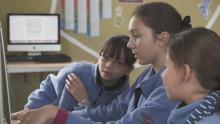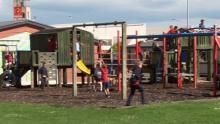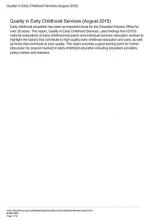Shared values
Culturally responsive relationships and practices support and promote the development of learners’ confidence in their identity, language and culture. These relationships are explicitly acknowledged and understood by teachers and learners and contribute to an inclusive learning environment in which there are equitable opportunities to learn. This video was filmed at Invercargill Middle School.
















